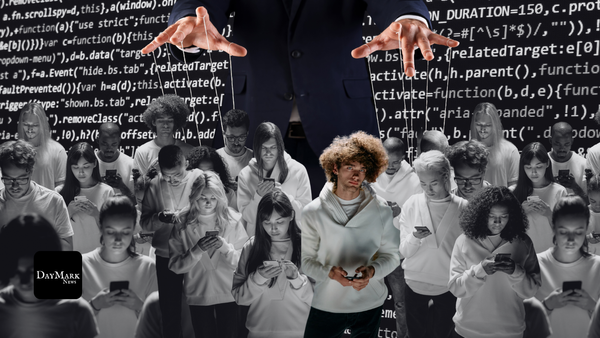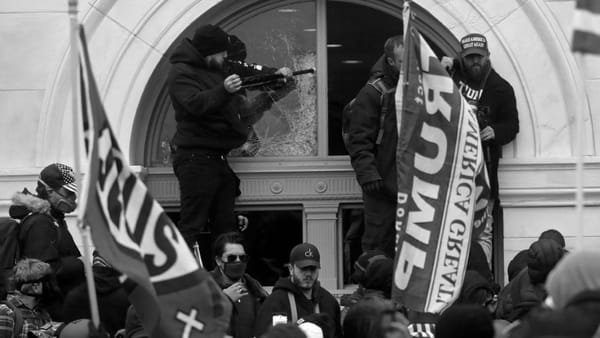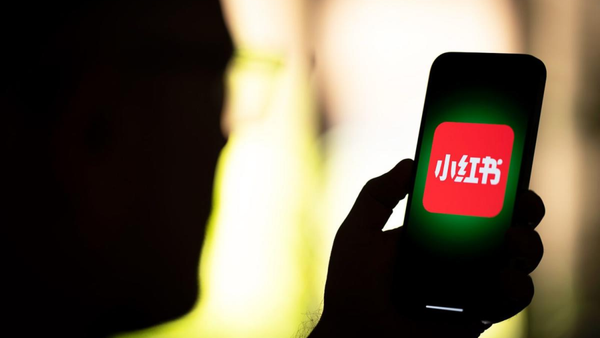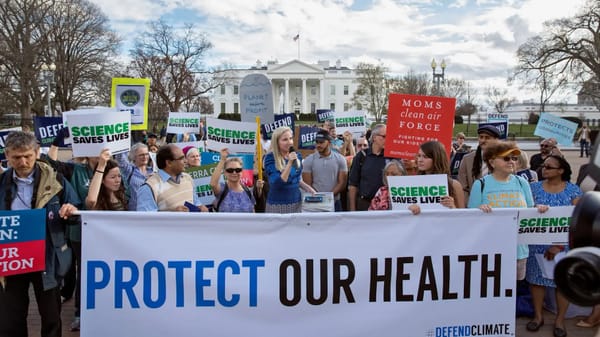Behind the Curtain: Facebook’s Profitable Role in Amplifying Cyberbullying
Even the name “Communications Decency Act” feels ironic in this context. What decency is upheld when platforms are shielded from accountability while enabling the spread of harm? Platforms like Facebook can’t be held responsible for user-generated content.
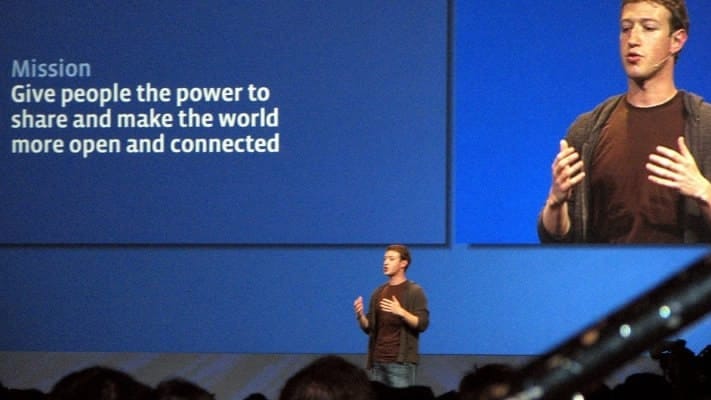
Facebook’s lofty mission statement promises to “give people the power to build community and bring the world closer together.”. Yet, Mark Zuckerberg, the "third-richest person in the world," has built his empire without ever selling a tangible product. Think about that for a second: no widgets, cars, or real estate—just algorithms, data, and ad revenue. It’s an odd legacy for a man whose platform is more likely to connect you to anonymous trolls than a supportive community.
Take a Midwest-based Facebook group as an example. This group didn’t just toe the line of harassment—it gleefully sprinted past it, spreading defamatory content about a person residing in another state. Multiple users flagged it for harassment and misinformation. Still, Facebook’s automated moderation system gave the group a clean bill of health. The group’s anonymous administrator, likely sipping coffee in smug satisfaction, kept the lies flowing, leaving the victim nowhere to turn.

Here’s the kicker: Facebook lets group administrators and member lists stay anonymous while shared information remains public. Sure, it’s a feature. But in practice, it’s a shield for bullies and a nightmare for anyone pursuing legal action. With anonymity, abusers escalate their behavior, and Facebook executives seem content to look the other way. Why wouldn’t they? All that engagement—especially the hateful kind—drives profits.
The group’s damage wasn’t confined to its members. Google search results picked up the victim’s name from the group’s title, amplifying the harm. Imagine applying for a job and discovering your potential employer is greeted with false accusations about you being a felon. That’s what happened here. The group even contradicted itself, commenting on the location of the victim’s workplace while still claiming they are currently incarcerated for 10 years. To add insult to injury, Google refused to remove the page from search results. Instead, the victim was referred back to Facebook. The group remains to this day and is still included in search results. Logic was a casualty long ago.
Mark Zuckerberg apologizes to families of children harmed by social media
Reporting these abuses reveals another glaring flaw: Facebook’s reporting tools notify the accused. It’s like blowing the whistle only to find yourself in the spotlight. One victim explained, “The moment I reported a post, the group’s admin started posting even worse lies about me. They knew it was me.” Unsurprisingly, this dynamic discourages reporting and gives bullies free rein.
Meta, Facebook’s parent company, brags about its artificial intelligence moderation. But the results? Laughable. A study by the Center for Countering Digital Hate found that Facebook’s AI ignored 94% of abusive content flagged by users. The bots can’t tell a meme from a malicious threat, leaving harmful posts up while deleting harmless ones. Talk about a low batting average.
The legal safety net provided by Section 230 of the Communications Decency Act adds to this mess. Even the name “Communications Decency Act” feels ironic in this context. What decency is upheld when platforms are shielded from accountability while enabling the spread of harm? Platforms like Facebook can’t be held responsible for user-generated content. It’s like giving them a free pass to prioritize clicks over community. Critics argue that this immunity now protects profits at the expense of safety. Allowing abusers to remain anonymous further complicates any protection for victims.
Facebook’s community standards are supposed to ban harassment, hate speech, and misinformation. In reality, enforcement is a roll of the dice. In the Facebook group’s case, Facebook insisted nothing violated its rules, even as evidence of coordinated defamation piled up. It’s a far cry from the ideal of a safe digital space.
The consequences for victims are brutal. Cyberbullying doesn’t just hurt feelings; it destroys lives. A 2021 Pew Research Center study found that 41% of Americans have faced online harassment, with 79% saying social media companies are doing a fair or poor job handling it. For victims, Facebook’s inaction feels like a slap in the face.
So, what can be done? First, Facebook should anonymize reporting mechanisms to shield users from retaliation. Second, it’s time to demand identity verification for group administrators. Bad actors love the shadows; forcing them into the light would make a difference. Finally, Facebook needs more human moderators. AI alone won’t cut it—these nuanced problems require human judgment.
Public pressure and regulation can also force change. Advocacy groups push for stronger consumer protections, including reforms to Section 230. Transparent audits of Facebook’s moderation practices could expose enforcement failures and drive improvements.
As whistleblower Frances Haugen told Congress in her 2021 testimony, “The company’s leadership knows how to make Facebook and Instagram safer but won’t make the necessary changes because they have put their astronomical profits before people.” Her words are a stark reminder of what’s at stake.
The fight against cyberbullying requires all hands on deck. We can hold platforms like Facebook accountable by demanding transparency, advocating for reforms, and supporting victims. The stakes are high, and the time for action is now. If Zuckerberg’s empire is as innovative as it claims to be, then surely it’s time to innovate for good. Responsibility isn’t just a tagline—it’s a mandate.
At DayMark News, we are committed to exposing the rise of authoritarianism and its threat to democracy. In a time when disinformation spreads like wildfire and democratic institutions face relentless attacks, we need your support to keep the fight alive.
Investigative journalism is our weapon against authoritarian ideologies. We delve deep to uncover the truths others would rather keep hidden, while providing actionable resources to empower individuals like you to defend our democracy.
We believe in transparency, integrity, and the power of a well-informed public. But maintaining a platform dedicated to fearless reporting and mobilization requires resources. We refuse to bow to corporate interests or compromise our mission. That's why we turn to you — our community.
Every donation, big or small, helps us continue our work. With your support, we can produce the in-depth analyses, breaking news, and educational tools needed to resist the rise of extremist movements and protect democratic values for future generations.
This fight belongs to all of us. Together, we can ensure that democracy not only survives but thrives. Please consider making a contribution today to keep DayMark News strong and independent.
Donate Now: Because Democracy Can't Defend Itself.

 Donate
Donate
